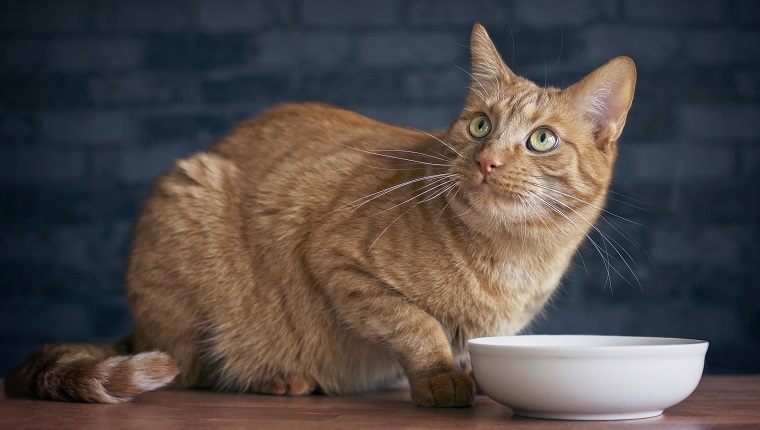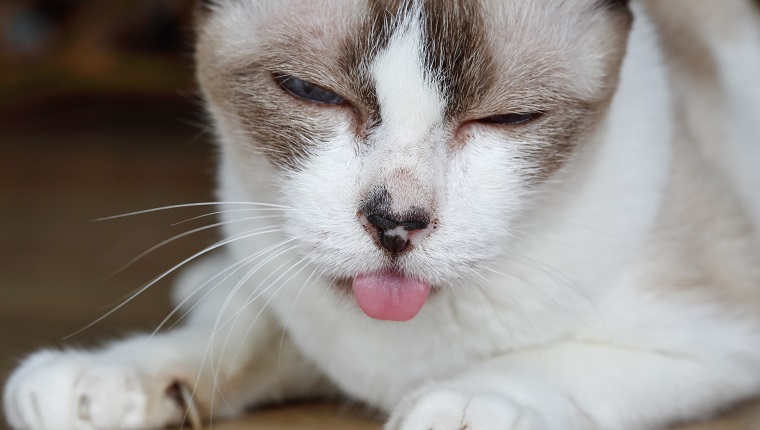Stomatitis in cats is a condition where the mouth becomes inflamed. It can affect a cat’s cheeks, tongue, and gums. In some cases, it can even result in cats not being able to eat.
Stomatitis can also cause other behavioral issues like withdrawing from day-to-day life or reacting angrily to food.
If you suspect that you’re seeing signs of this condition in your cat, consult your veterinarian for a proper diagnosis and treatment right away. Here’s what you need to know about the symptoms, causes, and treatments for stomatitis in cats.
Symptoms Of Stomatitis In Cats
Symptoms of stomatitis in cats often present themselves around the cat’s mouth or involve feeding issues. It’s always a must to consult a vet for a correct diagnosis.
Here are some of the most common symptoms that might appear in cats who suffer from stomatitis:
- Bad breath
- Lack of appetite
- Drooling
- Weight loss
- Gum issues (including a build up of fluid)
- Withdrawing or seeming reclusive
Causes Of Stomatitis In Cats

Stomatitis in cats can be caused a number of metabolic issues.
Inflammation of blood vessels in the mouth and low levels of a hormone called parathyroid can cause the condition. A mouth injury can also result in stomatitis in cats, along with too much plaque building up on a feline’s teeth.
In kittens, a case of crowded teeth can often result in inflammation that turns into stomatitis.
Treatments For Stomatitis In Cats
The first step to treating stomatitis in cats is for a vet to diagnose the issue correctly. This could involve examining the cat’s mouth for any signs of obvious tooth decay, plaque buildup, or even lesions and injuries that might cause inflammation.
As a precaution, vets may request blood work to make sure there are no other underlying medical issues at work.
When it comes to treatments, a proper, professional mouth cleaning and plaque removal can prove effective. If there’s bad inflammation in the cat’s mouth, a vet might also prescribe antibiotics to fight infection and reduce pain and swelling.
In very severe cases, vets may consider tooth removal as an option.
On a longer term basis, if your cat has stomatitis, your regular vet might advise that you start brushing your cat’s teeth and mouth and possibly even using a feline mouth rinse. If pain persists, they may prescribe a topical ointment to help bring down any gum inflammation that’s aggravating your feline.
In all cases of stomatitis in cats, you must follow your vet’s advice closely. If any they prescribe any drugs, always make sure to stick to the correct dosage and complete the full course.
Have you ever cared for a cat with stomatitis? How did your vet go about treating your kitty’s condition? Tell us about it in the comments section below!









